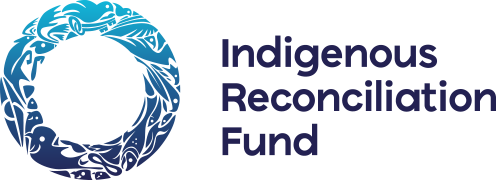We are not victims
Indigenous women and girls are the most vulnerable population in Canada. Due to a systemic lack of support, combined with Intergenerational trauma, they are more likely to go missing, more likely to be targets of violent crime and more likely to be exploited. Many enter an ongoing cycle of poverty, struggle and abuse.








